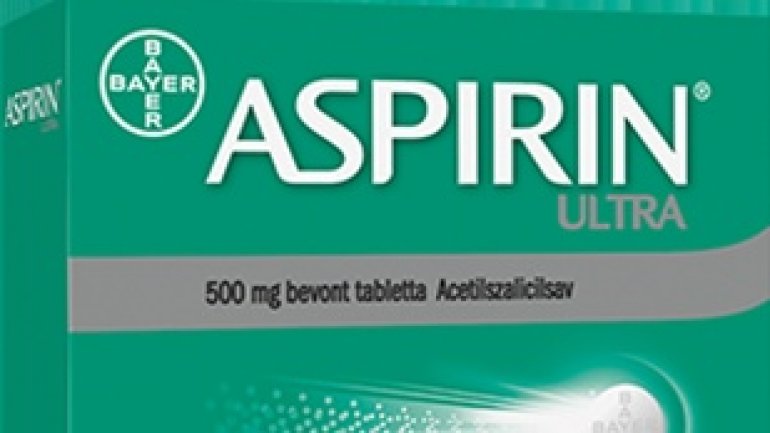Research says low-dose aspirin can reduce risk of death from cancer
 foto: Publika.md
foto: Publika.md
An aspirin a day may keep the doctor away. It may also reduce your chances of dying from cancer, according to a study on long-term regular aspirin use and different kinds of cancer.
Yin Cao, an instructor in the Medicine, Clinical and Translational Epidemiology Unit at Massachusetts General Hospital and Harvard Medical School, presented the information.
Monday at the American Association for Cancer Research meeting in Washington.
Over that 32-year period, over 8,200 women and nearly 4,600 men died of cancer. The risk of death overall was 7% lower for women and 11% for men who took aspirin regularly, compared with those who did not. The risk of dying from cancer was 7% lower for women and 15% lower for men who took aspirin regularly, compared with those who didn't take a regular dose.
The strongest connection was with colorectal cancer: There was a 31% lower risk for women and 30% for men who were among regular aspirin takers, as other studies have showed. But it also lowered women's risk of dying from breast cancer by 11% and men's risk of dying from prostate cancer by 23%. Men's risk of dying from lung cancer was also lower.
Studies have also found that aspirin can help patients who have had (or are at high risk for) a heart attack or stroke, and of course it is a good drug to relieve pain. Even the ancient Egyptians used the natural form of it for pain relief centuries ago.
In April 2016, the US Preventive Service Task Force said in a final recommendation statement that taking a regular low-dose aspirin a day may prevent colon cancer and cardiovascular disease for adults between 50 and 69 who have a 10% or greater risk of cardiovascular disease or colorectal cancer.
- First time in Moldova: Two women got pregnant after having kidney transplant surgeries
- Swiss Post will use robots to carry medicine, food
- Medicine Nobel for cell recycling work
- Health Reform: Fewer unjustified hospitalizations
- Venom of one of world's deadliest snakes might act as painkiller
- Premiere in Moldovan medicine: First eye surgery without using scalpel